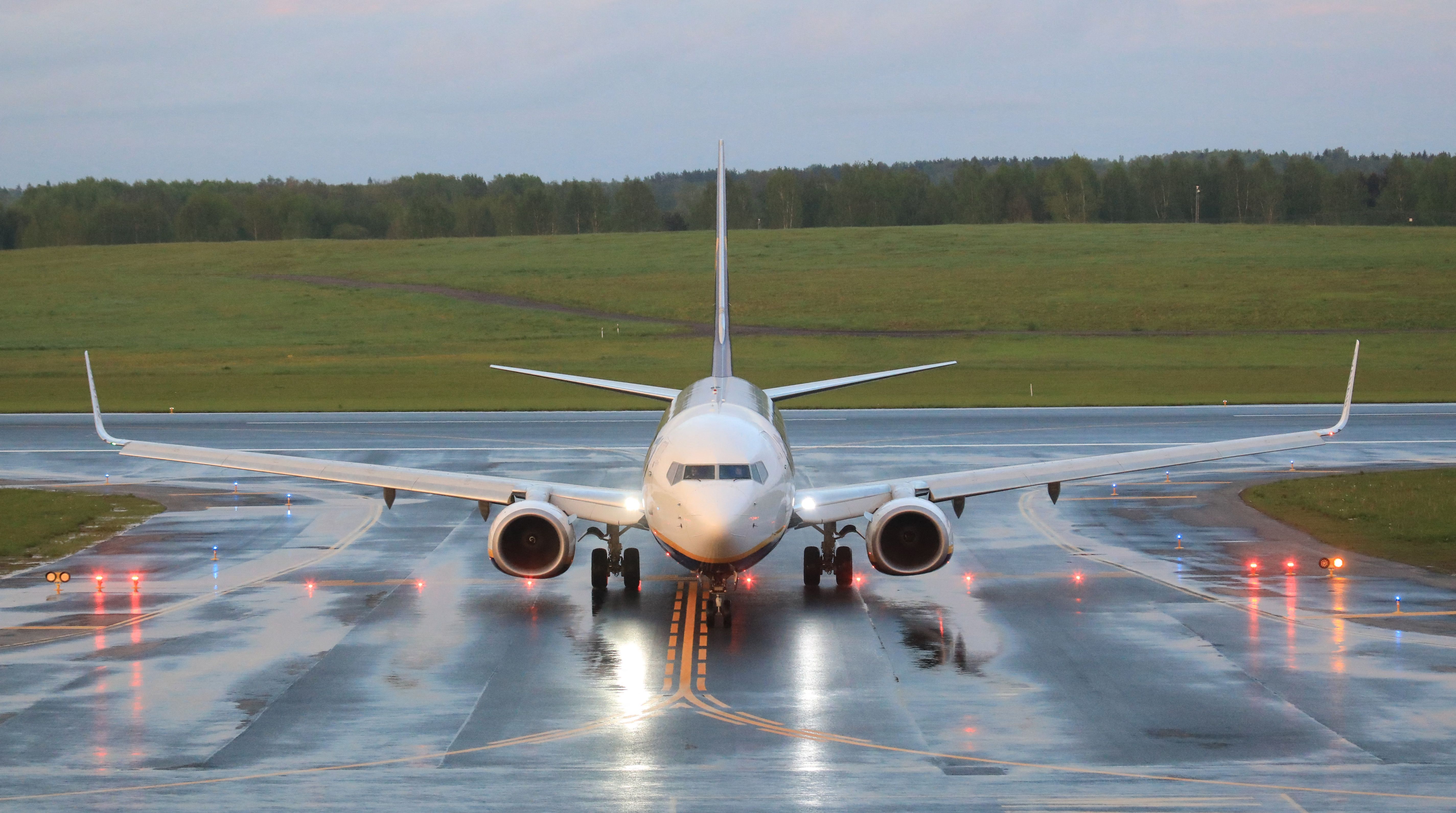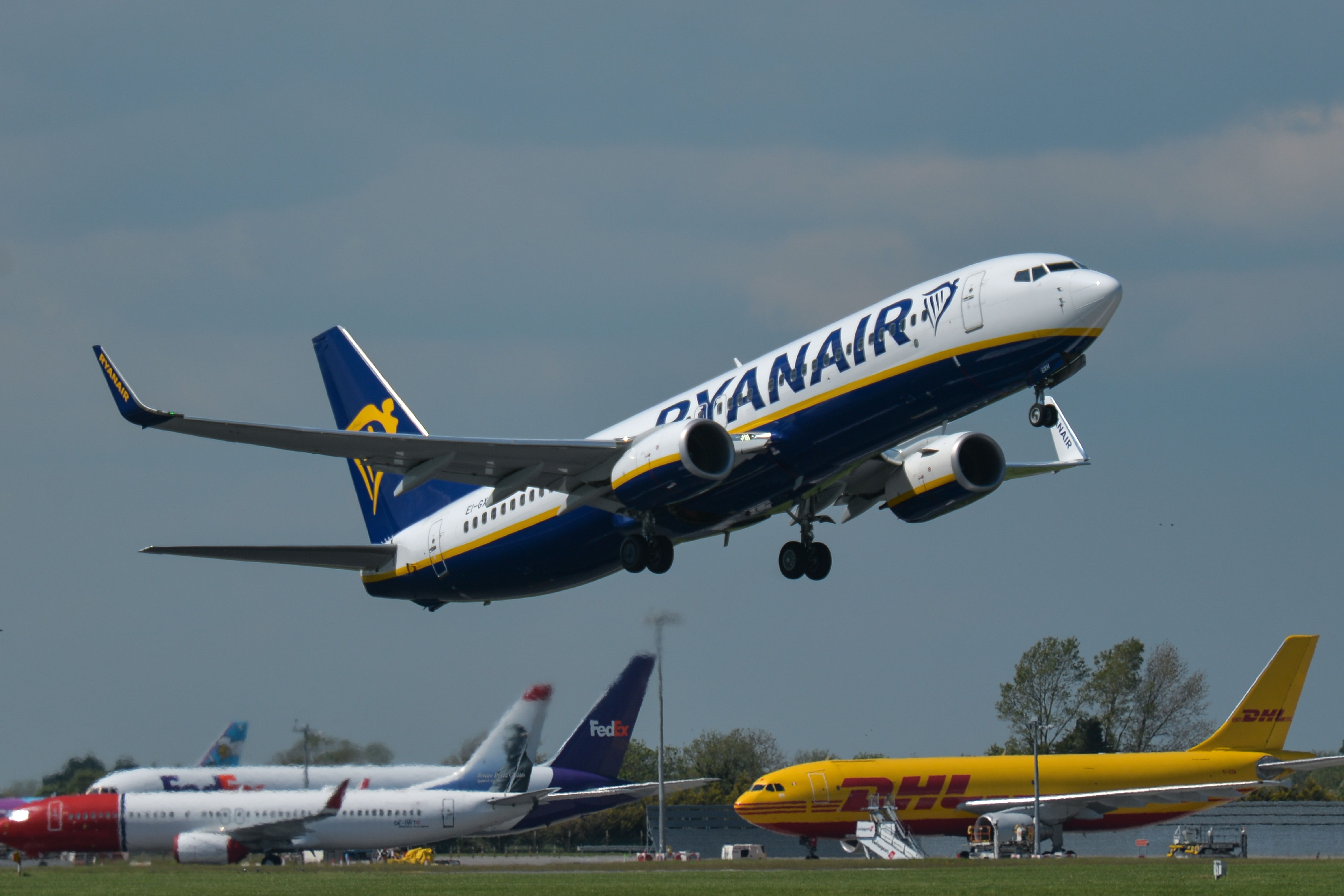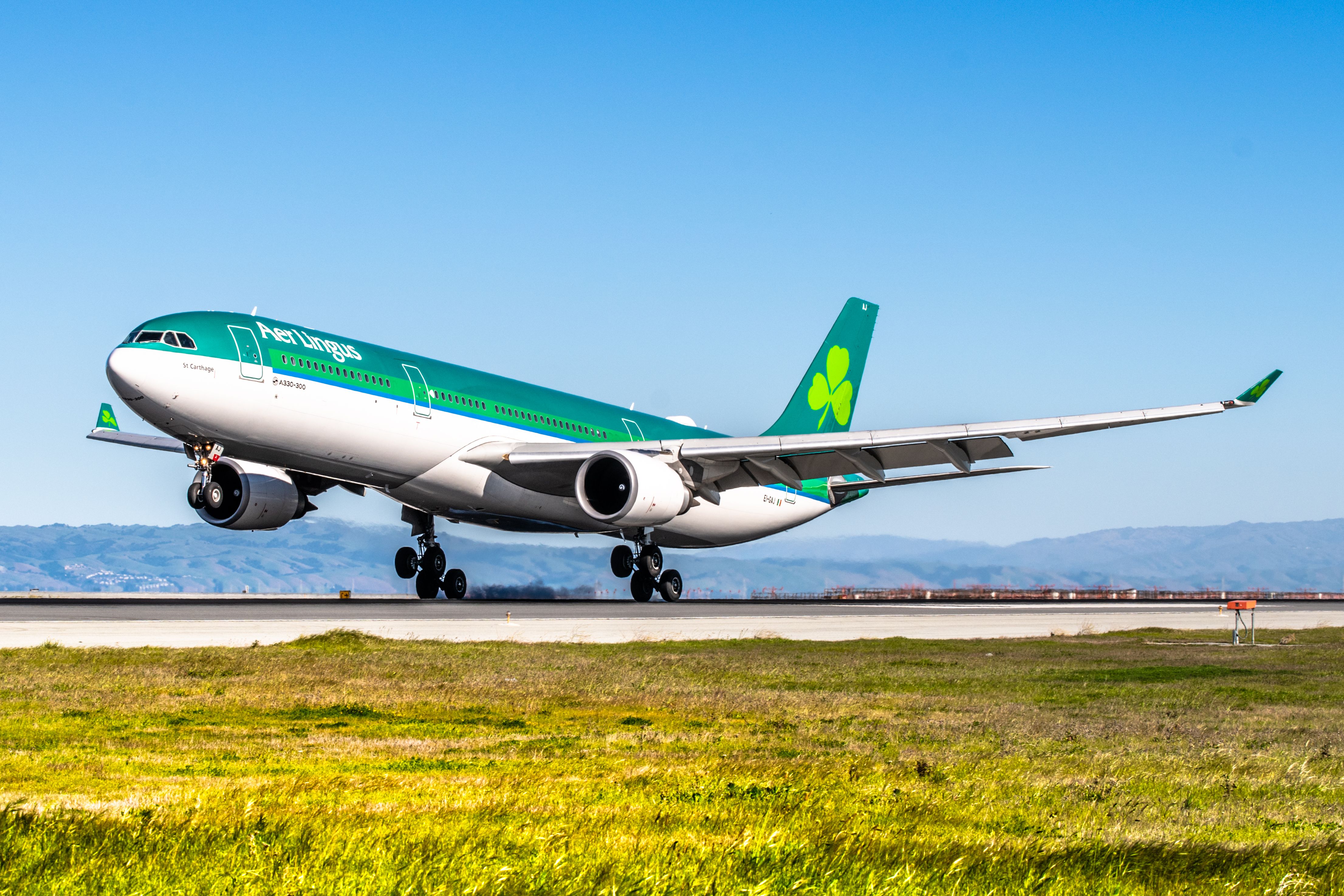The European Union is in the midst of debating what the next few years will look like in terms of regulating aviation industry emissions. Last week, the European Parliament voted to extend the Emissions Trading Scheme (ETS) to all long-haul flights departing the EU. This is especially, and perhaps unsurprisingly, welcomed by short-haul low-cost carrier Ryanair. Meanwhile, the industry, represented in Brussels by the association Airlines for Europe (A4E), is divided on the topic.
Current situation 'absurd, unfair, and inexplicable'
On Tuesday, Europe's largest budget airline, Ryanair, said that the extension of the ETS meant that "the richest passengers, on the most polluting long-haul flights, will finally pay their fair share of ETS enviro taxes." The airline's outspoken boss, Michael O'Leary, shared the following statement on last week's vote,
“We welcome this European Parliament vote to bring Europe’s most polluting long-haul flights, within the scope of Europe’s ETS environmental tax regime. It is absurd, unfair, and inexplicable that short-haul flights across Europe, which are taken by hard-pressed European consumers and their families, pay all of Europe’s ETS taxes yet they account for less than 50% of Europe’s aviation CO2 emissions."
No more free emissions for long-haul flights from 2025
The ETS is a highly complex system regulating how much greenhouse gases companies can emit. Mostly, allowances must be purchased. However, some industries, such as aviation, have also been afforded certain exemptions, such as for long-haul operations. For EU airlines, this has amounted to significant volumes of freebie polluting. Meanwhile, this could be coming to an end sooner than expected.
The European Commission has previously proposed to apply the EU ETS to intra-EU flights and to apply CORSIA (Carbon Offsetting and Reduction Scheme for International Aviation) to international flights arriving and departing from the EU.
However, the report to extend the ETS for aviation to include long-haul flights was adopted by a divided European Parliament last Wednesday by 479 votes in favor, 130 against, and 32 abstentions.
This means that aviation could lose its free emission allowance as early as 2025, instead of the Commission's proposal of a gradual transition from 2024 to 2026 (25%, 50%, and 75%, respectively), with a complete abolishment by 2027.
Check out more of the latest aviation news to stay on top of what is going on in the industry.
Will consumers will pay the price?
Not all of the industry is as excited about this new prospect as the Ryanair CEO. On the other side of the spectrum, IATA immediately criticized the vote of the Parliament, saying that a move away from CORSIA was undermining global coordination efforts.
A4E (of which Ryanair is also a member) said that according to its calculations, ETS costs could reach €6 billion by 2025. The organization, which has also requested governments take some of the burden of decarbonization, shared the following statement after last week's parliamentary vote,
"A4E warns against any regulatory overlaps for EU carriers with both EU and international measures in effect. This could lead to a potential double-burden for carriers, who may have to pay for the same emissions twice (through both the ETS and the international scheme, CORSIA)."
Do you think all flights out of the EU should be included in the ETS at the newly proposed timeline? Leave a comment below and let us know if you are team Ryanair or team A4E/IATA on this one.



